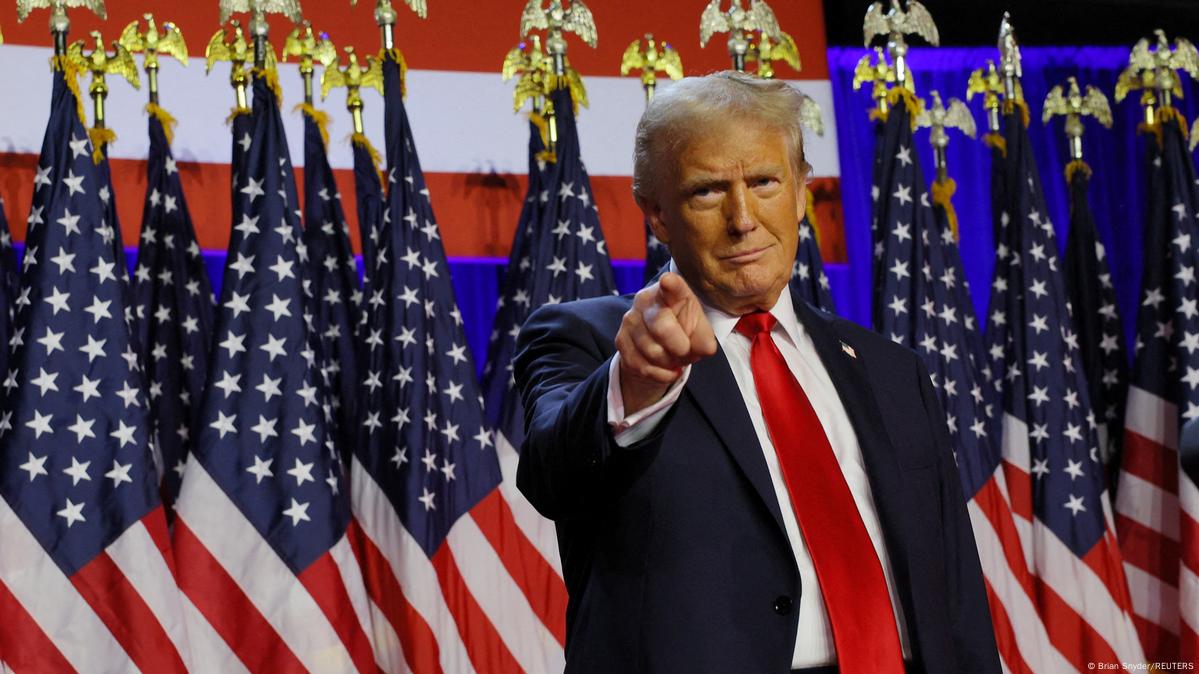How US policy in region could shift under Trump: view from Baku
Baku analysis of Trump’s regional policy
US president-elect Donald Trump’s key nominations has become a major topic of discussion worldwide, including in Azerbaijan.
Analysts at the South Caucasus Studies Center (CSSC) have assessed potential changes in U.S. policy toward the region based on these appointments.
- Strasbourg court upholds complaints by Azerbaijani opposition members
- Georgian Dream’s majority could move to ban opposition parties, legal expert warns
- Armenia’s 2025 budget: PM emphasizes citizen responsibility amid push for security, growth
Calm before storm?
“There is relative calm in conflict zones as countries prepare for ‘new times.’ Processes are interconnected, and nations are calculating their moves in the context of other developments. By January 2025, when Trump’s inauguration completes the transfer of power in the U.S., countries will have made necessary adjustments.
Preparations are crucial as Trump’s appointees will likely be approved swiftly in Congress and the Senate, given the Republican majority in both chambers. The appointments reflect efforts to consolidate the Republican Party by balancing the interests of various factions while centralizing control under Trump. However, not all appointments are expected to proceed smoothly. For instance, the nomination of Tulsi Gabbard as Director of National Intelligence may face scrutiny from both parties.
Future crises in Trump’s relationships with his appointees could lead to resignations.
Current priorities include the Russia-Ukraine war, China, the Middle East crisis, and relations with Europe. The administration’s initial actions are expected to be assertive, potentially creating momentum across multiple fronts by early spring.
Efforts are already underway to shift realities ‘on the ground,’ maximize progress in key areas, and prepare for changes early next year.”
Impact on South Caucasus
“Among Trump’s nominees are several politicians critical of Turkey. Marco Rubio, the nominee for Secretary of State, is known as a pro-Armenian politician, though his stance is also strongly anti-Russian. However, being pro-Armenian does not necessarily equate to supporting Pashinyan; the focus here is more on the Armenian diaspora.
U.S. interest in the region may initially remain low if the de facto peace between Azerbaijan and Armenia holds. The new administration’s approach will depend on its chosen criteria and priorities for engagement in the region. Possible focus areas include:
• Reducing Russia’s influence in the region: While the Biden administration prioritized this, Azerbaijan, which actively worked to limit Russia’s military presence, received little support. Instead, U.S. aid was directed toward Armenia, whose leadership in 2022 backed Putin’s plans to extend Russia’s military presence and maintained its CSTO membership without penalty. Pro-Armenian figures in the new administration may continue this trend but could impose conditions on Armenia to reduce its reliance on Russia, at least economically.
• The Iran issue: While the Trump administration may find room for dialogue with Russia, the same cannot be said for Iran. In Azerbaijan, Iran’s presence is minimal, limited to a transport project connecting Nakhchivan. Conversely, Iran’s influence in Armenia has grown, a fact largely ignored under Biden. It remains to be seen how the Trump administration will address this dynamic.
• Relations with the US and its allies: Under Trump, the region will be viewed through both U.S. and allied interests, with Israel’s position playing a significant role. Unlike Biden’s administration, which coordinated closely with Brussels, Trump’s allies in Europe—such as the UK and Hungary—will shape policy. Pragmatism in regional dealings is expected to increase, favoring Baku and Tbilisi.
Ultimately, U.S. policy toward the South Caucasus will depend on how initial actions on broader global issues unfold, shaping its stance on the region accordingly.”
Baku analysis of Trump’s regional policy




















